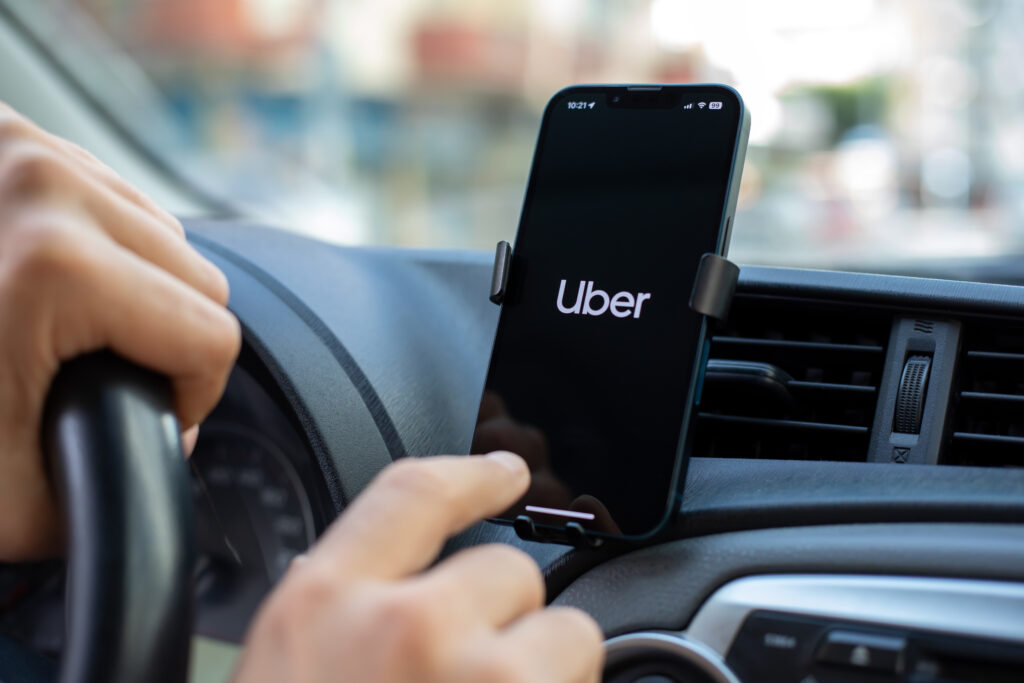Uber and Lyft just broke the campaign mold in Austin.
This city, like many others in the U.S., has just witnessed an epic battle between Transportation Network Companies (TNC) Uber and Lyft and the City Council, which came to a head with a May 7 special election. At issue here, just like everywhere else, was biometric identifiers in background checks – the kind of basic fingerprint check that doctors, architects, day care workers, school bus drivers and even taxi drivers all have to submit to and pass.
The TNCs followed the same playbook used in San Antonio and other cities: work the city council to make an exception to the fingerprint provision, mobilize customers as advocates, and spend big on reinforcing the message. So big did they spend backing Prop 1, in fact, that they now hold the record for spending more money than any group in any previous Austin city election.
The result: defeat. And it’s worth noting that it wasn’t a narrow defeat.
Here’s why:
Timing: They pushed a measure for a special May election. They should have waited for the November ballot. In Austin, turn-out for specials skews to older, more traditional voters who often take an “Austin of yesteryear” approach, which is anti-special interests, big spending, and/or overly corporate. They also care a great deal about public safety. By insisting on a May ballot, Uber and Lyft created an unnecessary impediment to the outcome they were seeking.
The Bully Factor: They targeted City Council members personally, going after a female member in particular for her support of sticking with the already-approved regs that included fingerprinting. Even Austin, the most liberal city in Texas, doesn’t take kindly to big out-of-state companies expending lots of energy and capital to single out public officials who aren’t on their side. This was the point of no return. As political consultant Mark Littlefield—who was conducting polling throughout this campaign—was quoted as saying in a recent Austin American-Statesman article, by the end of April, “The narrative started to change. It became less and less about the policy and more and more about the personalities.”
The Billionaire’s Club Backfires: On one side, you have corporations willing to invest 9 million dollars in ads and promotions for Prop 1, the measure designed to give TNCs a break on fingerprinting. On the other, you have a low-dollar public safety and city sovereignty group that did very little except issue pithy quotes (think earned media!). Who won the credibility game? The little local coalition that spent next to nothing. Why? Because they stuck to a basic message: Don’t allow corporations to essentially buy public regulation. The more the TNCs spent, the more they reinforced their opposition’s premise.
Losing The Media: It could be said that Austin press started out on Uber and Lyft’s side. Who doesn’t love the convenience TNCs offer, after all? But as the big-spending campaign grew, reporters got skeptical. They watched public officials being targeted and saw a game of chicken developing: Give us the regs we want or we’re out of here! The Austin media labeled many of the TNC ads misleading, and in the end, they got behind the opposition with the Austin American-Statesman and the Austin Chronicle both editorializing against Prop 1. Uber and Lyft brought that on themselves—not only for their hardball tactics—but because they alienated their target audience.
What SHOULD TNCs have done to earn a win in Austin? Hard to say, but in this case, their carrot-and-stick approach ended up costing them the election. The take-away: personal attacks backfire, spending big money can make you more of a target, and if you don’t have grassroots support that translates into votes at the polls, you don’t have much.
Up next: TNCs take their fight back to the state legislature which next convenes in January 2017, with the goal of a one-size-fits-all structure that most Texas cities will be guaranteed to resist.
In the meantime, this certainly creates an opportunity for TNCs such as Get Me, a “hybrid” solution founded in Dallas and now headquartered in Austin. Like the taxi companies, Get Me fingerprints all of their drivers, but like Uber and Lyft, Get Me operates as a savvy app-based delivery service which offers ridesharing, food delivery, and more. It will be interesting to see how smaller TNCs—and customers—respond to these suddenly wide-open markets. Stay tuned!


